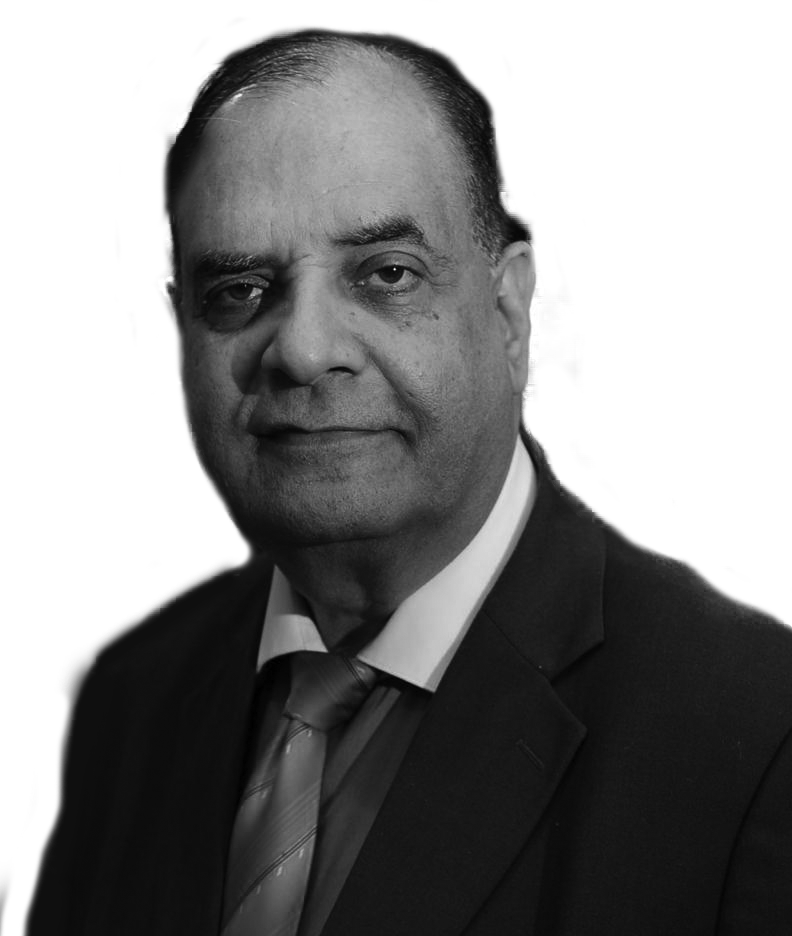To avoid the crisis emanating from his political and governmental shortcomings, Nitish Kumar has once again intensified his demand for a caste census.
New Delhi: Don’t Nitish Kumar, Rahul Gandhi, Tejashwi Yadav, Lalu Yadav, Akhilesh Yadav, Mulayam Yadav invoke the name and ideals of Mahatma Gandhi and Dr Bhimrao Ambedkar? They constantly do. But then why are the embers of caste politics—through demands for a caste census—being stoked in Bihar at a time Uttar Pradesh is going ahead with its development agenda? Bihar has been the centre of Buddhist and Jain pilgrimage for centuries. The basis of Jainism, Buddhism and Sikhism is the abolition of the caste system. Similarly, there is no provision for caste in Christianity. There is no mention of castes in the original Vedic texts. In the present era, the sarsanghchalak of the Rashtriya Swayamsevak Sangh, a strong supporter of Hindu religion and Hindutva (present and former also), propounds the principle of calling the entire society (including the minority) only Hindu and Indian instead through caste appellations.
Leaders like Nitish, Lalu, Mulayam, who agitate on the ideals of Jayaprakash Narayan and Ram Manohar Lohia, raise the issue of caste empowerment to divide the votes of to come and stay in power. After Independence, the role of V.P. Singh, who stoked the caste fire will be remembered as having unfolded the most horrifying and shameful chapter in Indian history. In Bihar, Nitish Kumar and JDU do not have sufficient numbers, but have got the post of Chief Minister with the support of the larger Bharatiya Janata Party. To avoid the crisis emanating from his political and governmental shortcomings, Nitish Kumar has once again intensified his demand for a caste census. This demand has been raised in some other states in the past as well. The Manmohan Sonia-led Congress/UPA government tried to get the 2011 census done on a caste basis to keep the allies happy. But the Manmohan government used to work in a half-hearted manner. Therefore, later the government said that there were many mistakes in the census report and it was not published at all.
The dispute reached the Supreme Court last year. The Central Government, while presenting its stand before the Supreme Court, made it clear that a census based on caste was difficult. 4,147 castes were mentioned in the census done by the British government about 110 years ago i.e. in 1931.
In the 2011 census after independence, the number of castes was stated to be many times more. The reason for this is that the same caste is known by different names in different regions. Not only this, it is spoken of and written differently. Based on caste-sub-caste, there are parties, leaders, election candidates, and manifestos and unfulfilled promises. In the caste conventions, the leaders get respect according to their turbans, dupattas, swords, etc. In Bihar, Rashtriya Janata Dal leader Tejashwi Yadav demanded a caste census to corner a weak Nitish Kumar, who felt helpless and supported the demands, with Congress too supporting it. Now the Bihar government will hold formal meetings on this and it is possible that the resolution will be passed and sent to the Central Government and the President.
There is also an interesting aspect to this political gamble. The Central government has JDU ministers. When the Central government takes a decision, then those ministers too are partners in that decision. Similarly, the BJP is part of the Bihar government and Nitish’s decision includes his ministers. Then contradictory stances of both the parties are coming to the fore on the caste census. This proves that this is all about politics. The game of misleading the public is going to put obstacles on the path to Bihar’s progress. As far as BJP and RSS are concerned, they cannot change their declared Hindutva principle. Prime Minister Narendra Modi has spent most of his life with the Sangh. Sarsanghchalak Mohan Bhagwat has clearly said that efforts will have to be made continuously to eliminate the caste system. Not just the Sangh/BJP, earlier the Congress too disagreed with regional caste parties on the issue of reservation. Therefore, instead of enumerating caste in the census, the details of the incomes of citizens and families should be kept. This will give enough data to improve socio-economic conditions. For example, among the Backward Classes, the benefits of reservation are available even to some influential castes, while the people of other castes are left behind. Rajiv Gandhi, after becoming Prime Minister, made a sharp remark against reservation to me during an interview (2 March 1985) and said, “The entire policy of reservation should be reconsidered. This arrangement was made to solve social problems, but it got politicised. Now our society has changed a lot and progress has been made. Now the time has come when we have to reconsider this policy. We have to keep the system of reservation for the real downtrodden and poor, but if this is expanded then the deserving people will not be able to go anywhere. We will be raising dimwits and this will harm the whole country.” This was published prominently, but there was no protest. Today, perhaps no leader of any party would say such a thing publicly.
Later, Rajiv Gandhi’s cabinet colleague V.P. Singh rebelled against Congress and with the issue of the Mandal Commission and reservation, he took advantage of the politics of power for two years, but then his government went away. Now in Bihar, Rahul Gandhi’s allies, who are marching to take the side of Tejashwi Yadav, have started supporting caste census and reservation. By trying to divert attention on such unnecessary issues, will some political parties get wider public support and electoral benefits?
The author is editorial director of ITV Network India News and Dainik Aaj Samaj.

